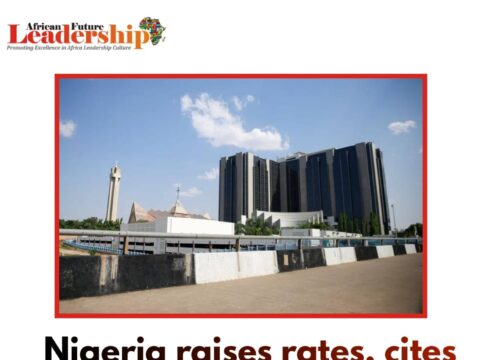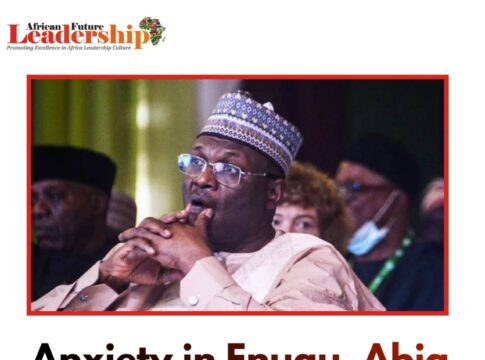(Reuters) – Nigeria’s central bank raised its benchmark lending rate by 50 basis points to 18% on Tuesday as monetary authorities continued to tighten policy to rein in inflation which has squeezed consumer purchasing power.
The high cost of living was among major concerns for voters during last month’s disputed presidential election that was won by ruling party’s Bola Tinubu, who has promised to revive the economy and end widespread insecurity.
The central bank’s latest rate hike came after last week’s inflation data showed price rises quickened in February despite the recent cashless policy meant to reduce the amount of currency in circulation. Inflation also rose in January.
Central Bank of Nigeria governor Godwin Emefiele said members of the Monetary Policy Committee were unanimous in raising rates, citing price and exchange rate pressures and expectations of the removal of a petrol subsidy that cost $10 billion last year.
“These, in view of members, provided a compelling argument for an upward adjustment of policy rates, albeit less aggressively,” Emefiele said.
Razia Khan, head of research, Africa and Middle East at Standard Chartered Bank, said inflation risks remained on the upside but the pace of tightening was more moderate in order to reduce negative real interest rates.
Investors are looking at how quickly the petrol subsidy will be removed as Tinubu prepares to get into office on May 29.
READ MORE: Amazon will lay off 9,000 more employees, CEO Andy Jassy said in a memo
“In terms of reform, there are now firm expectations that we should see fuel subsidy reforms commencing imminently. Less clear is the time frame for any FX policy adjustment,” Khan said.
“FX adjustment would likely have to precede any meaningful portfolio inflows, but current global volatility and its impact on the oil price could see fuel subsidy reforms being given prominence near-term, with FX reforms to follow, only later.”
Emefiele said Nigeria’s banks remained sound and would not be affected by the impact of the collapse of two U.S. lenders and problems at Credit Suisse.




